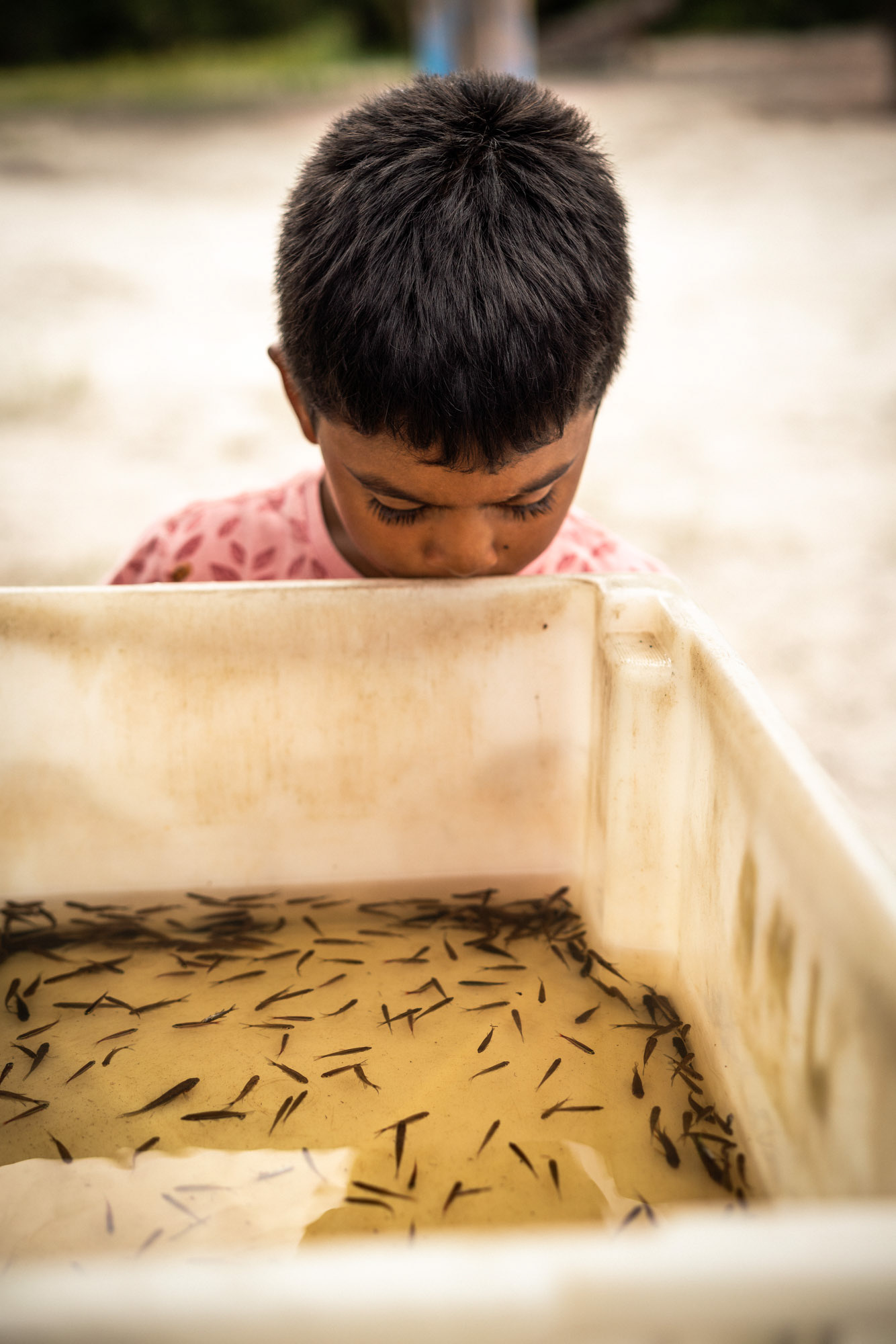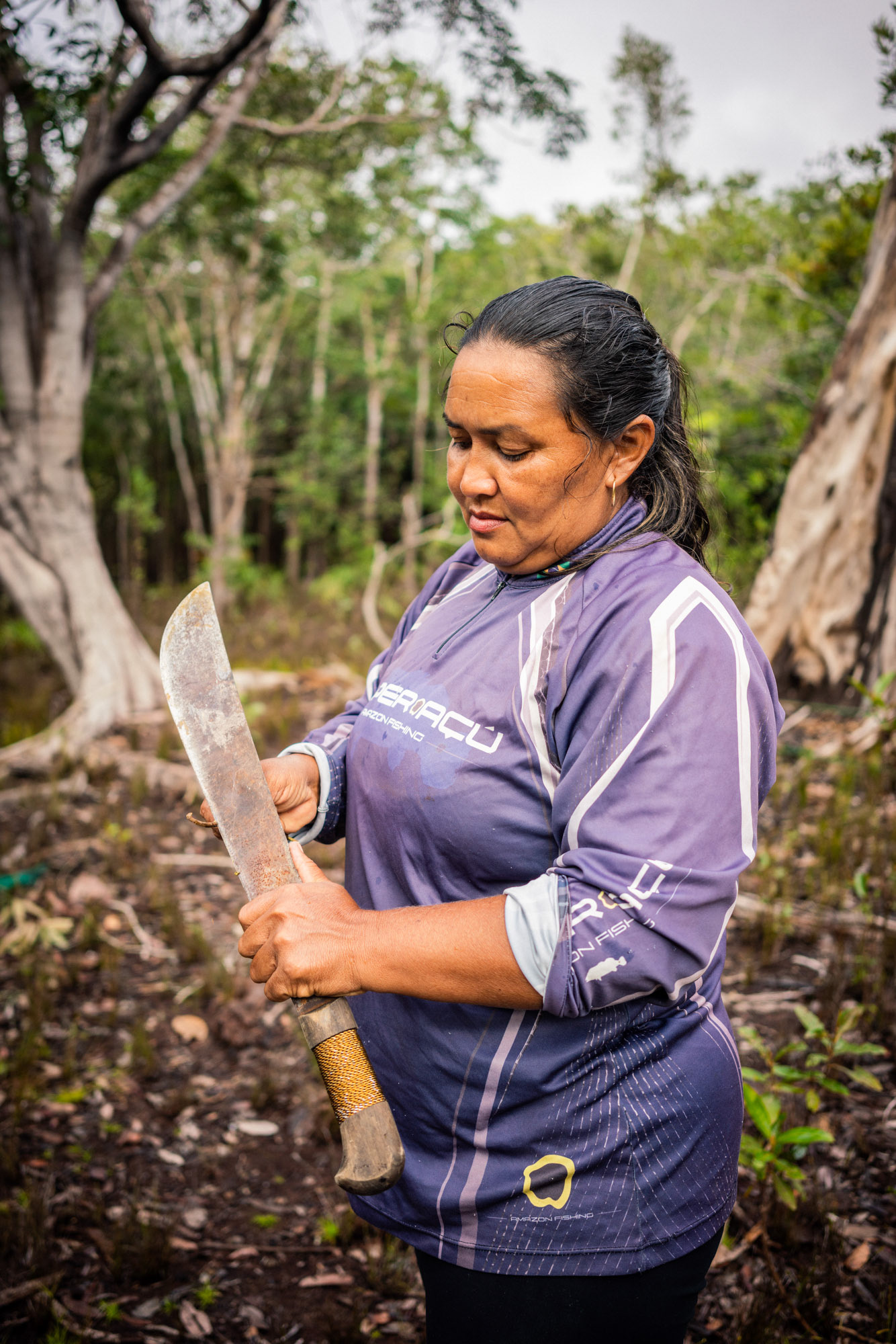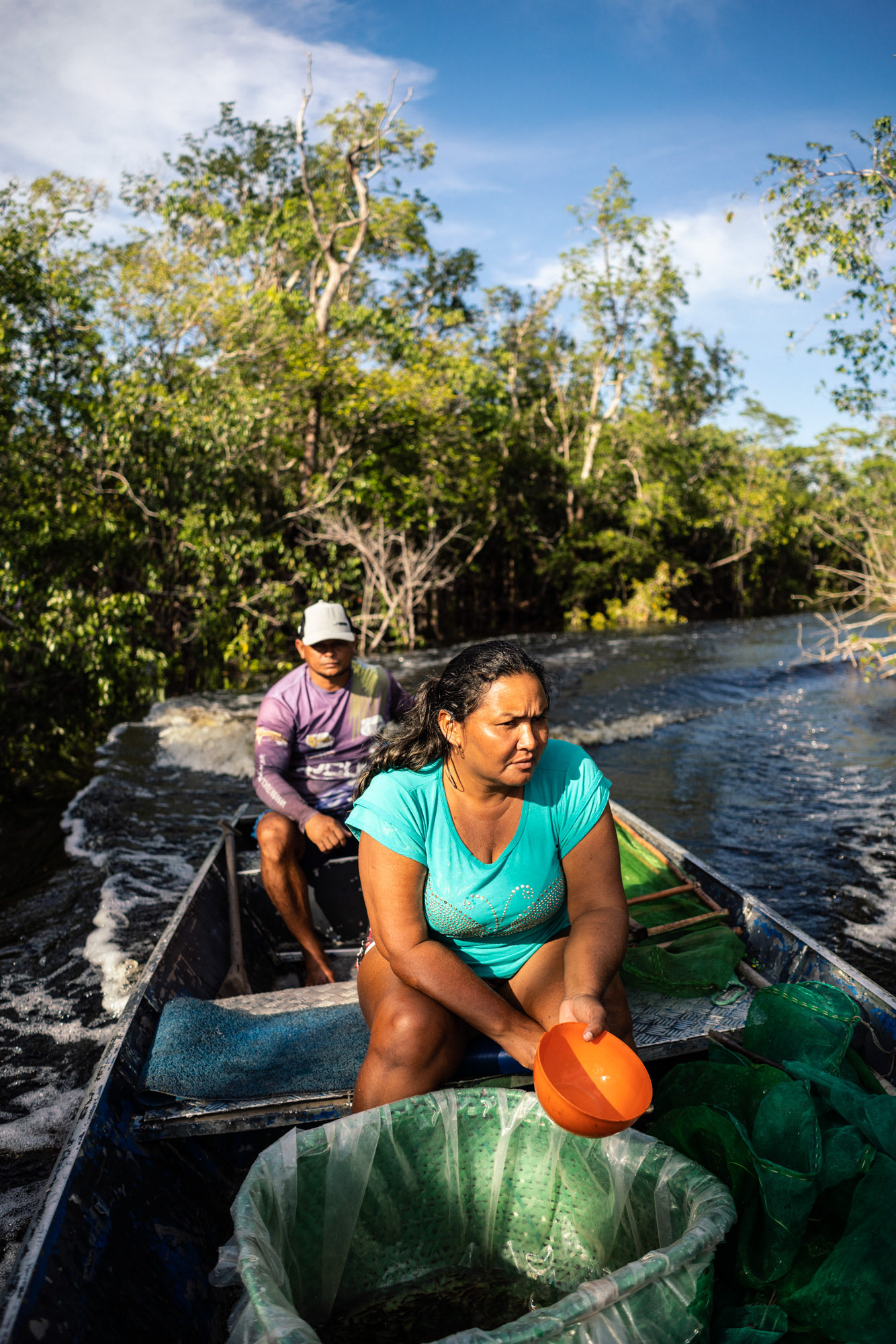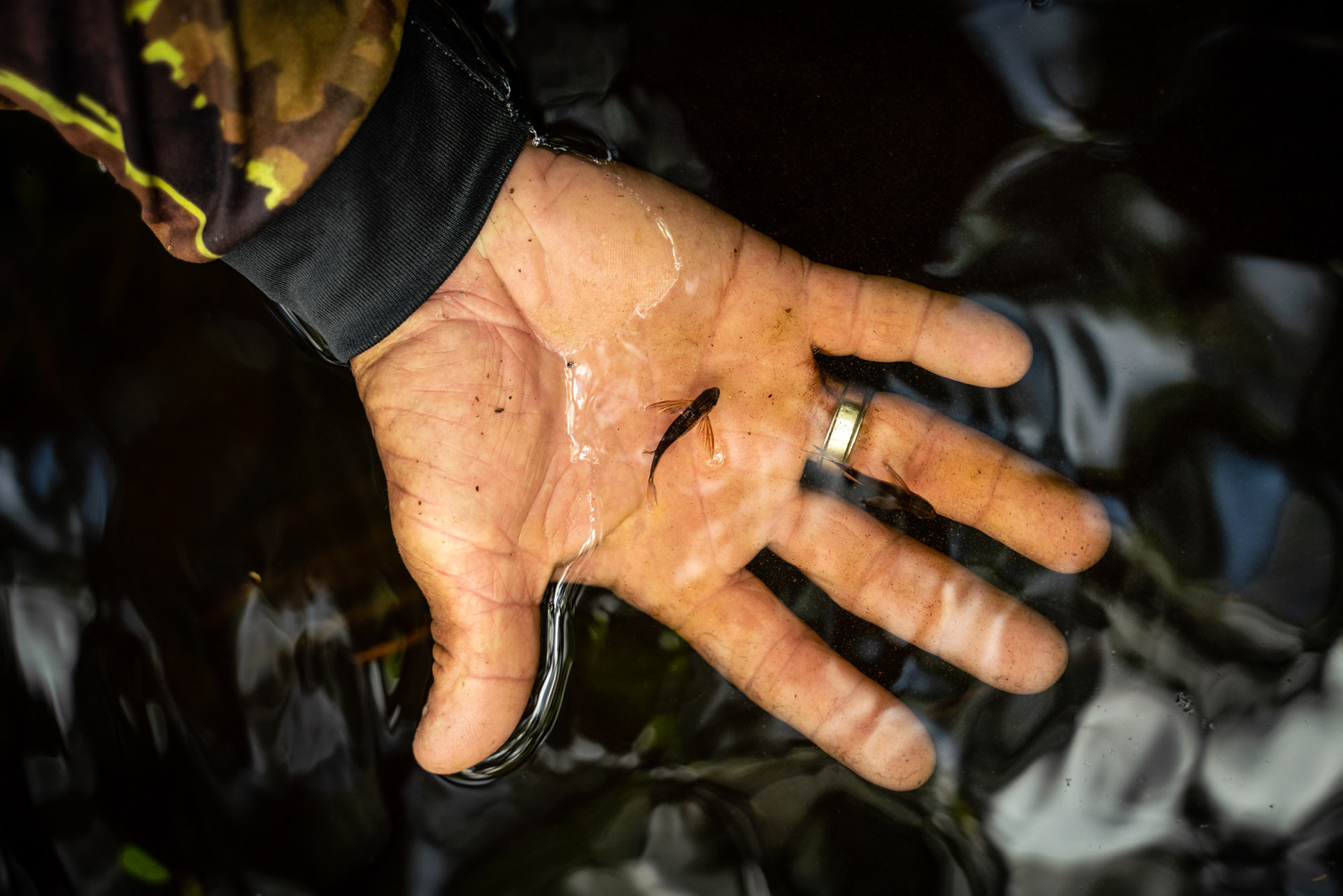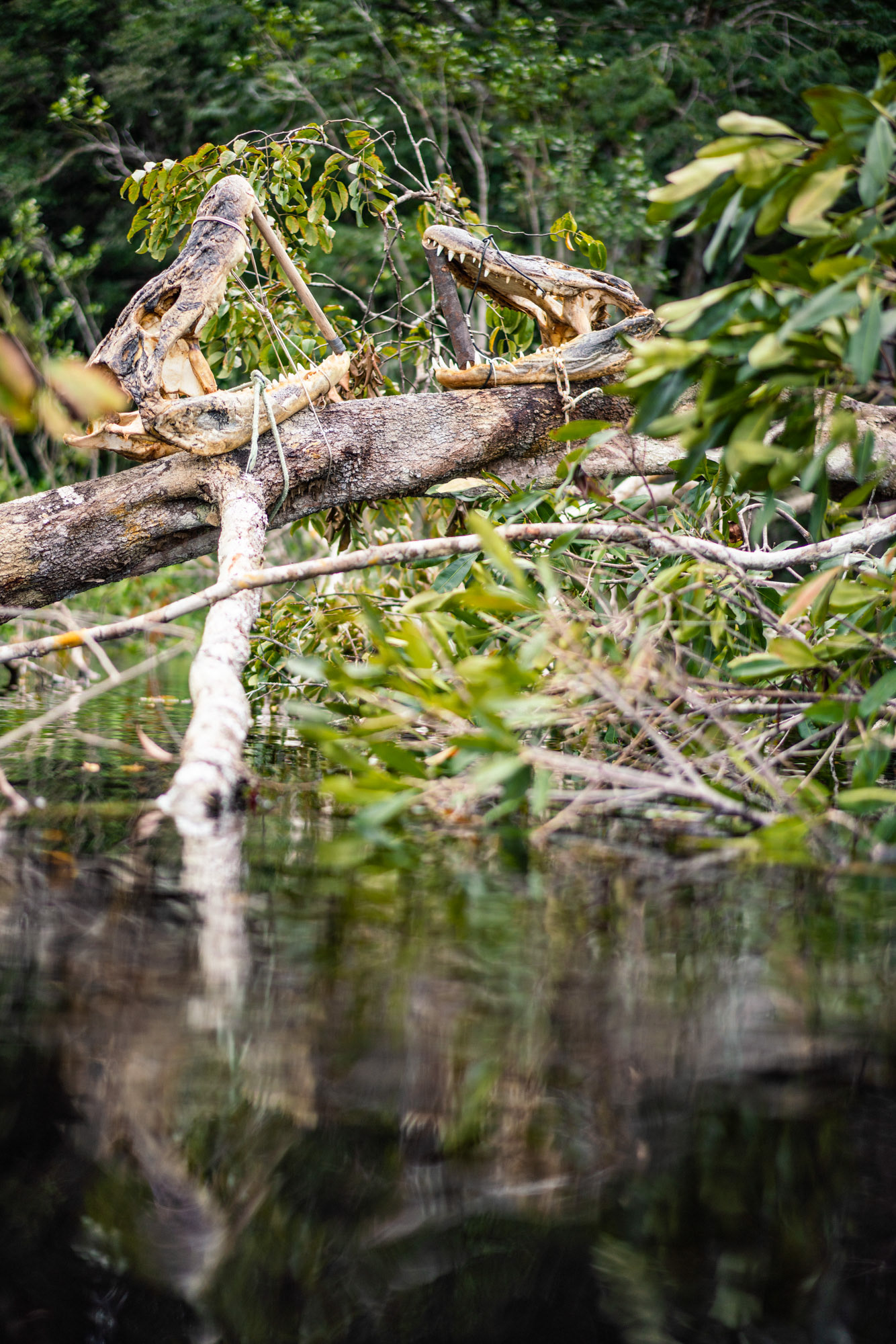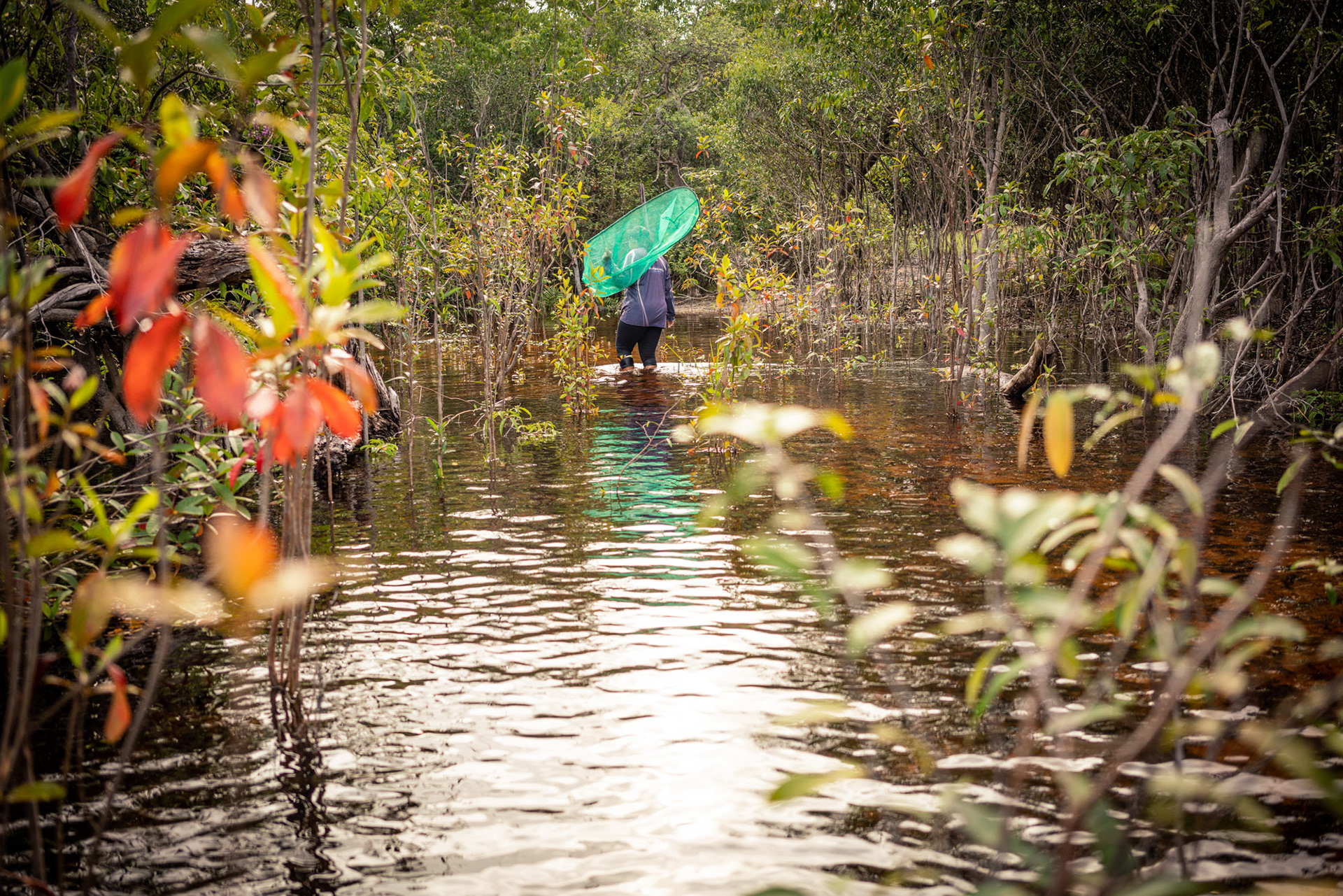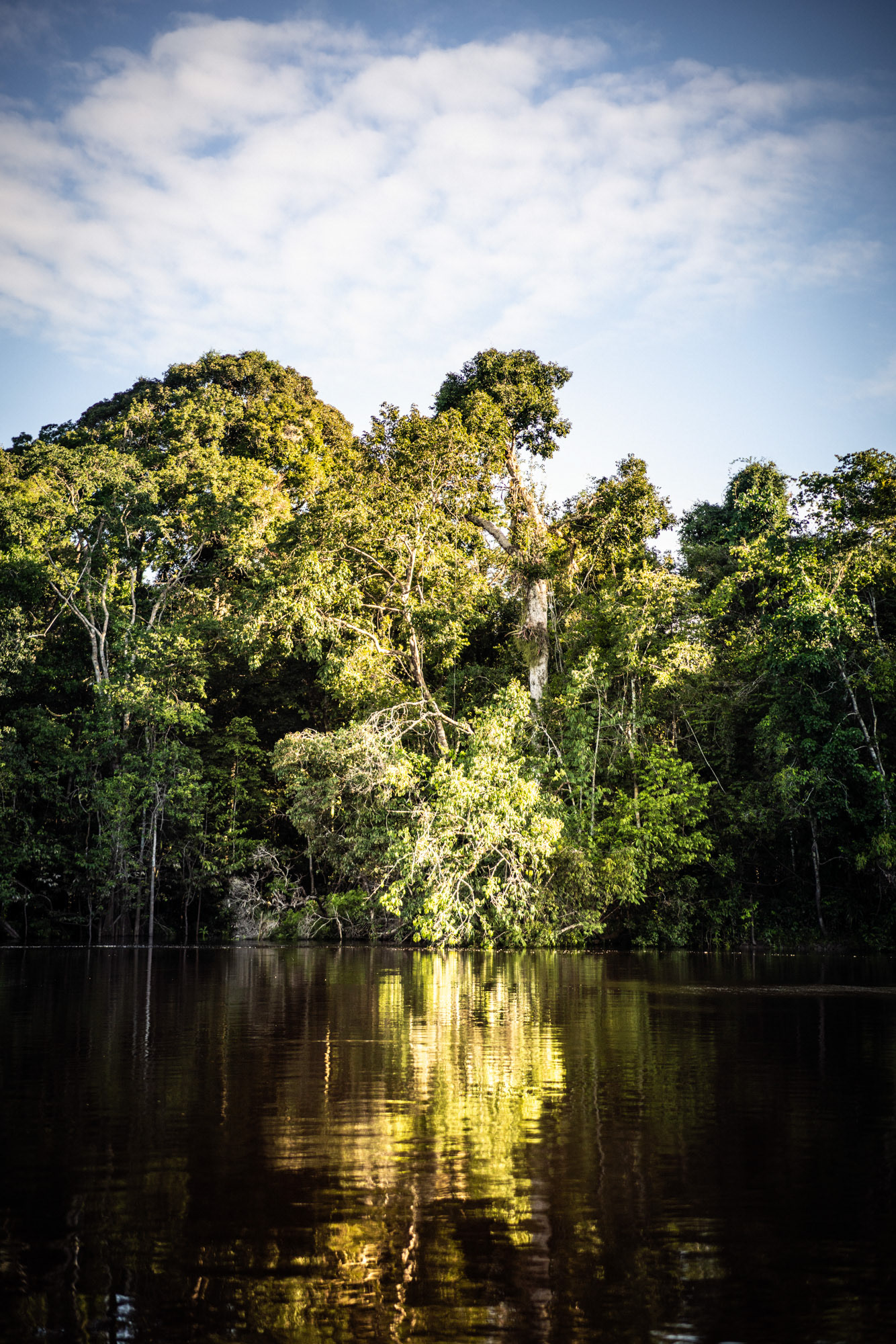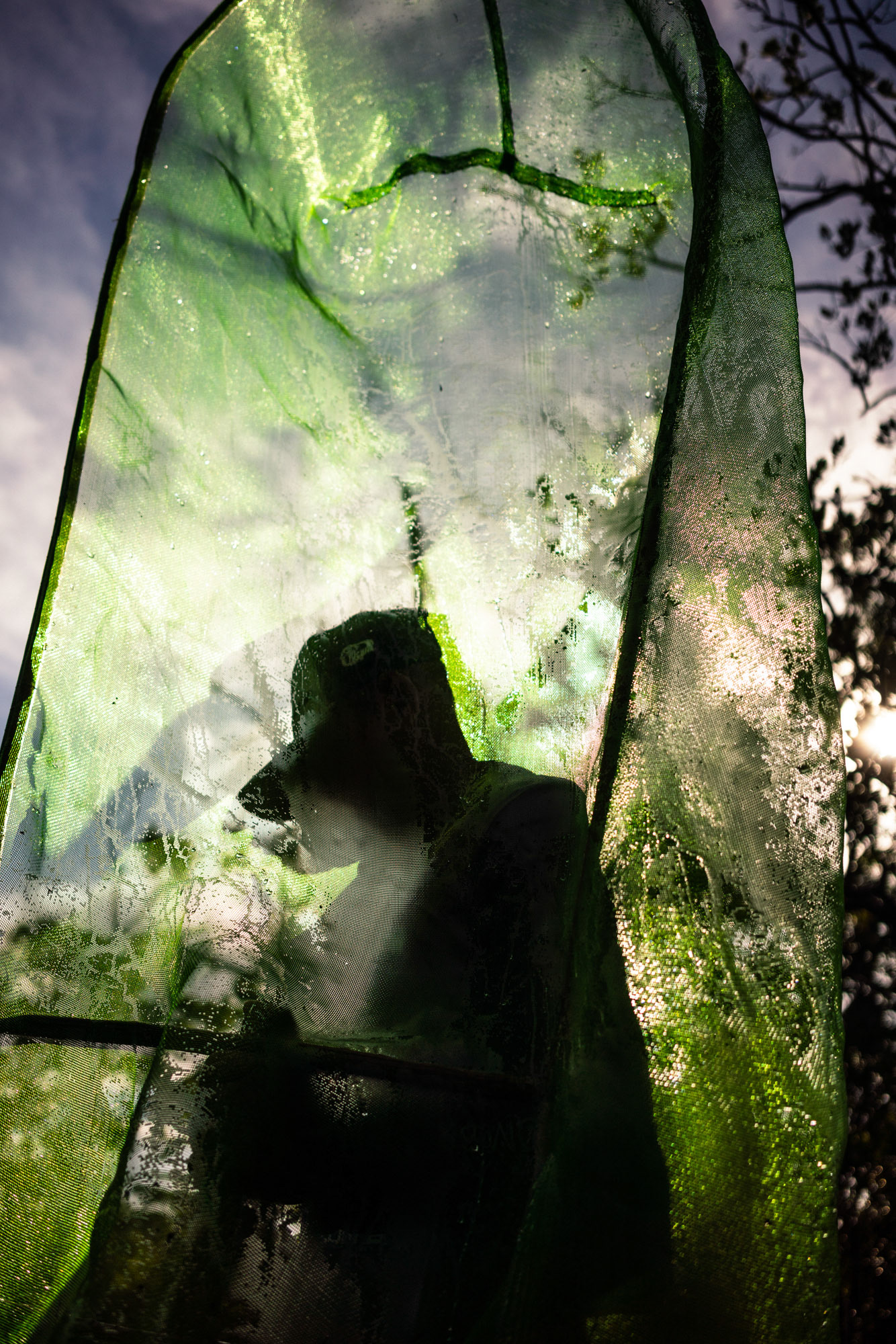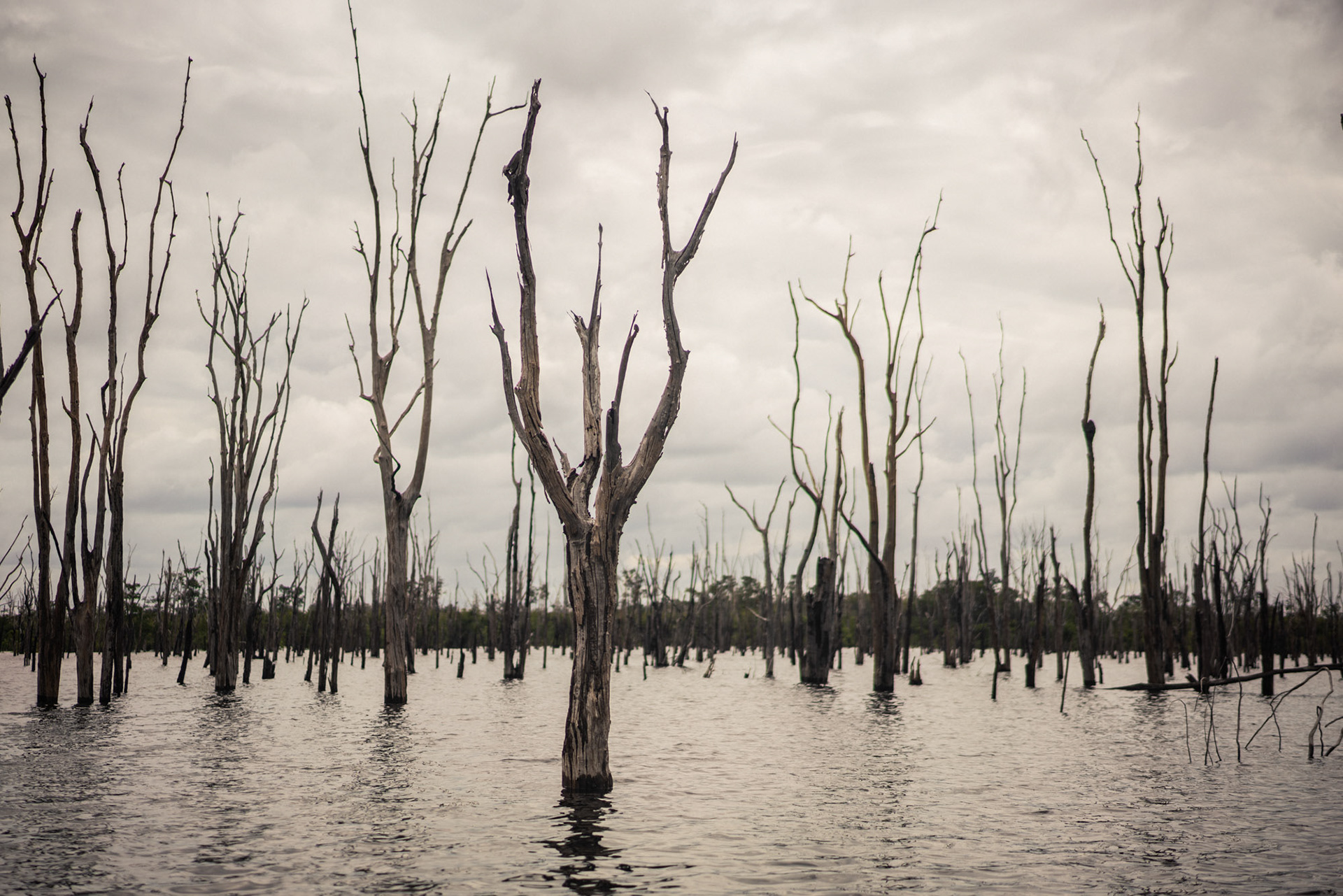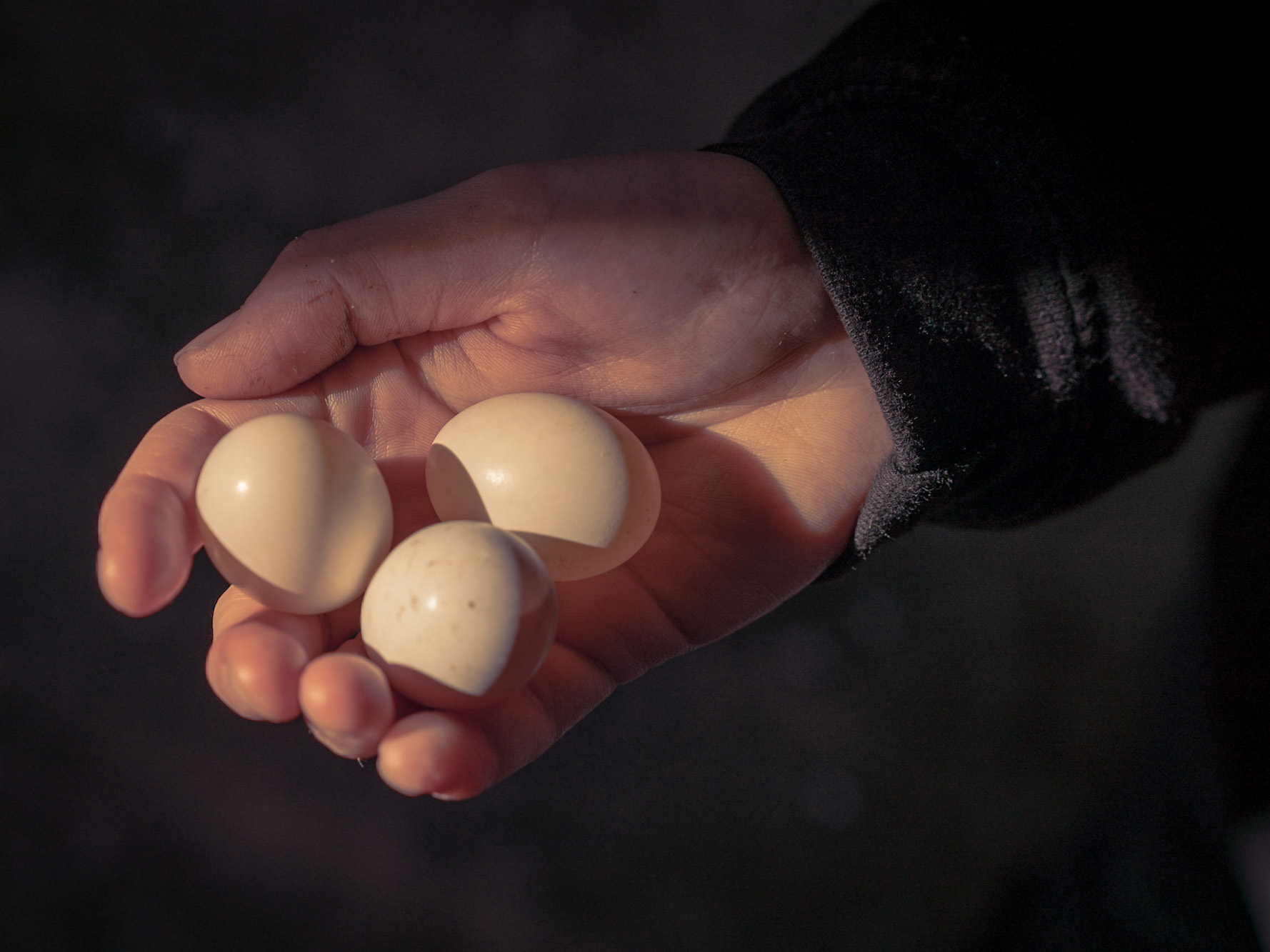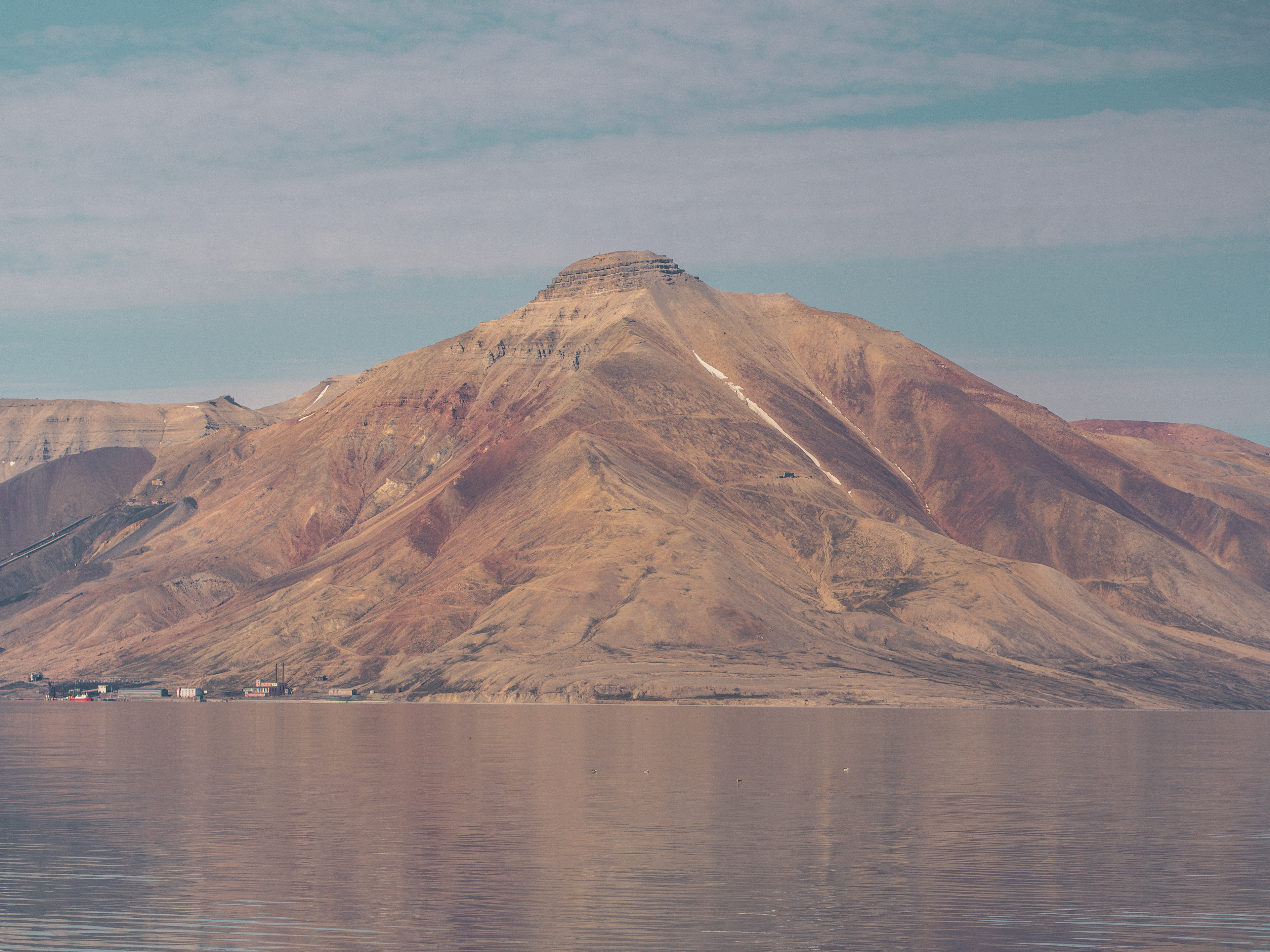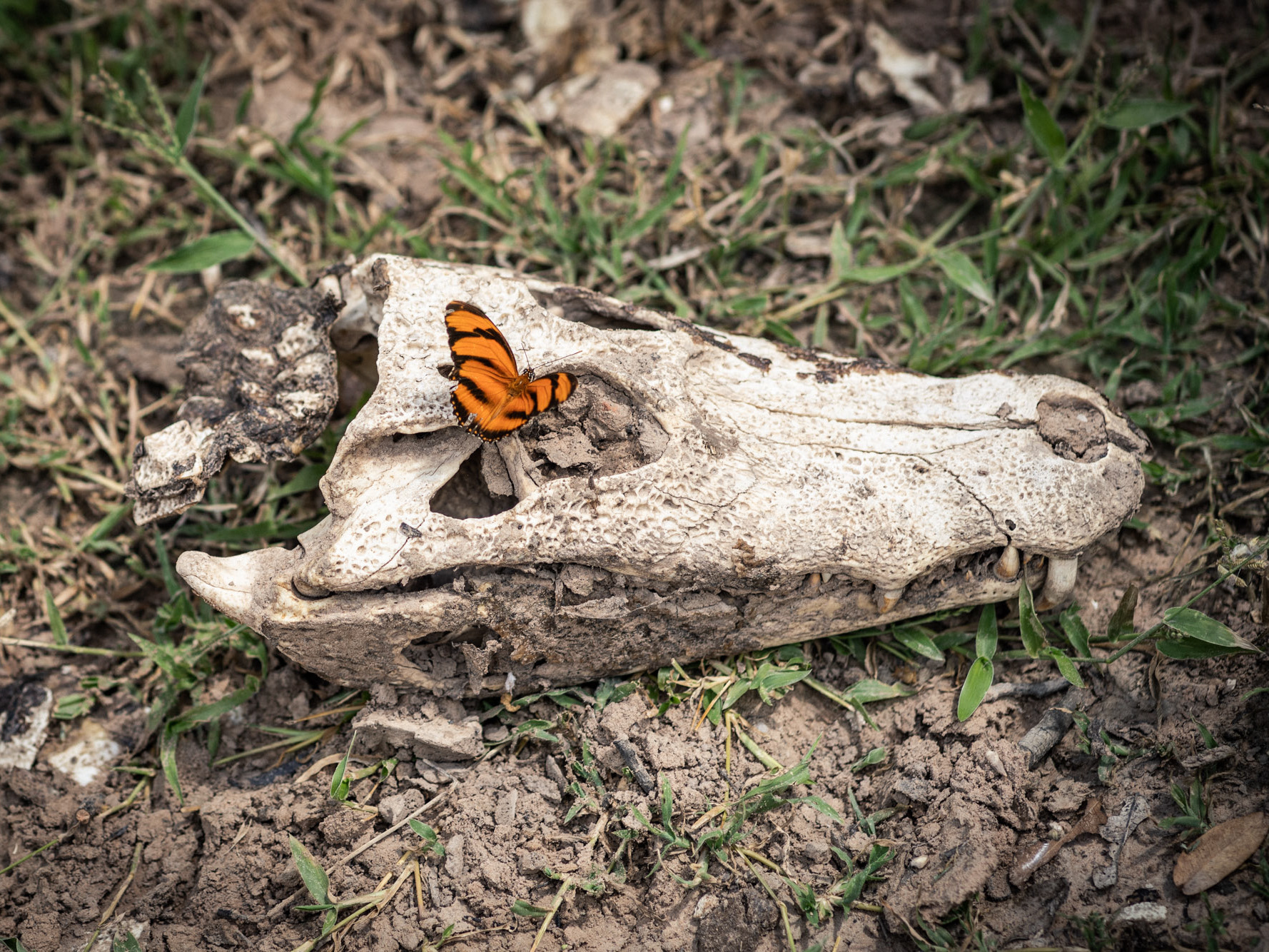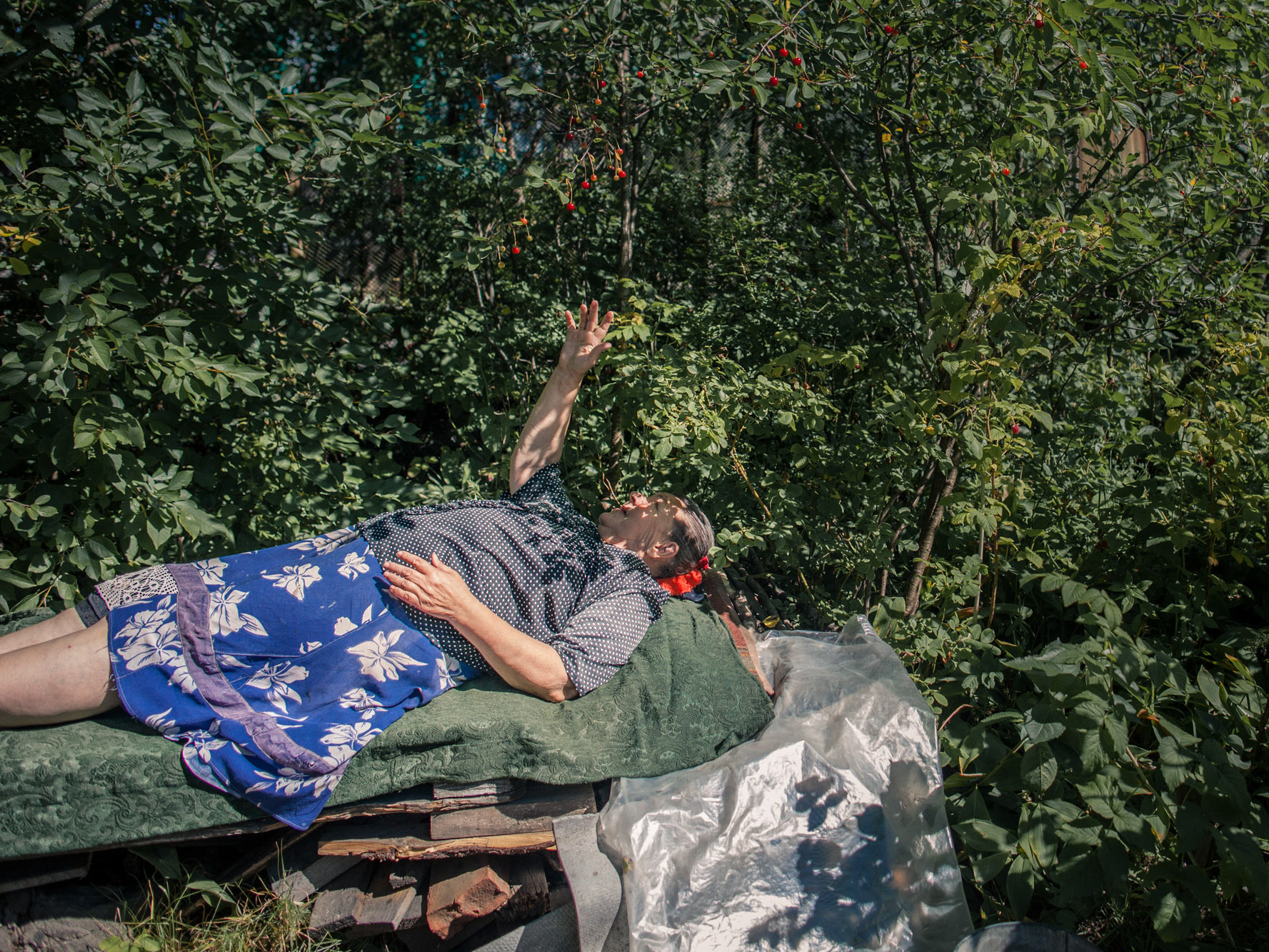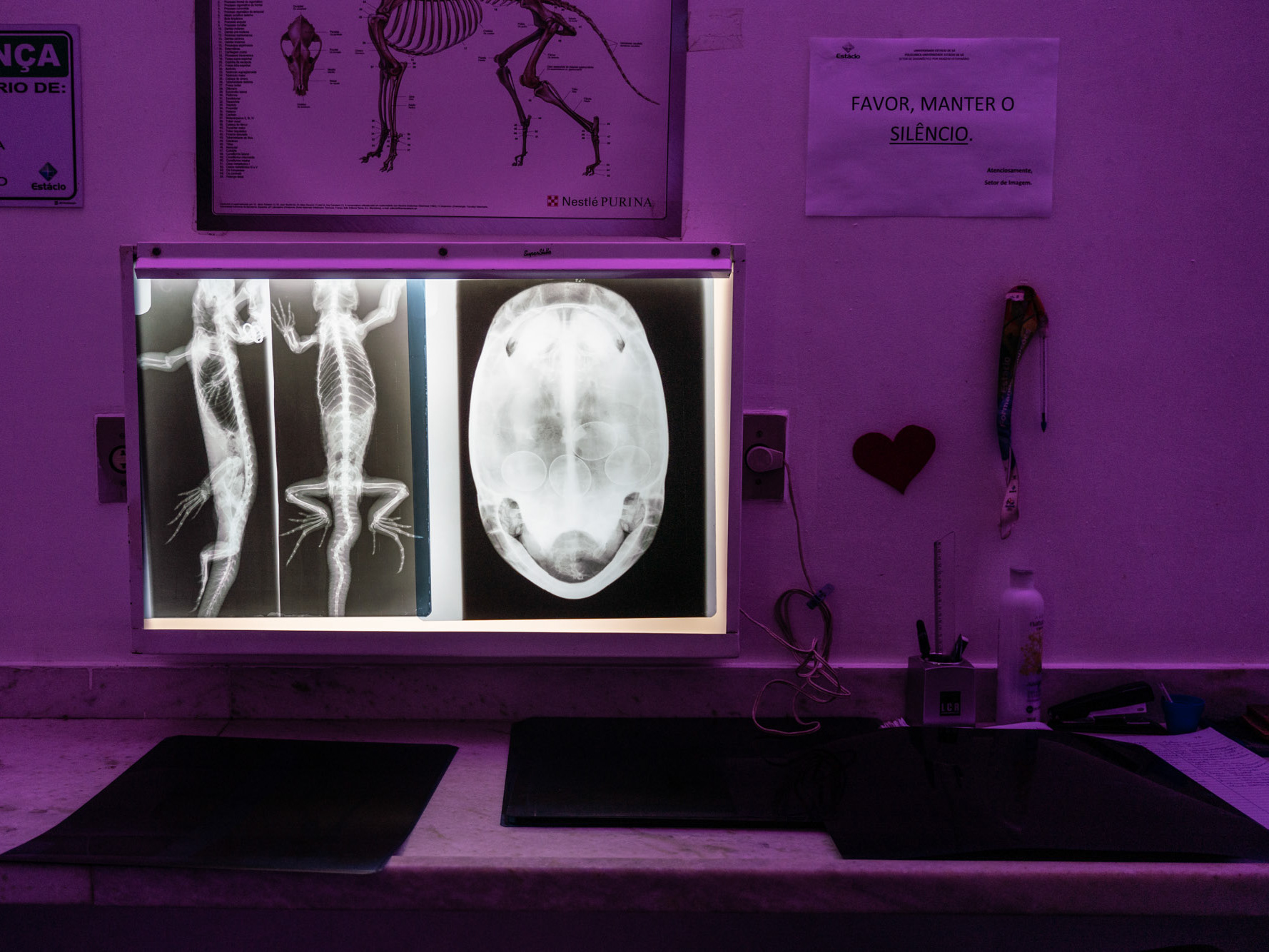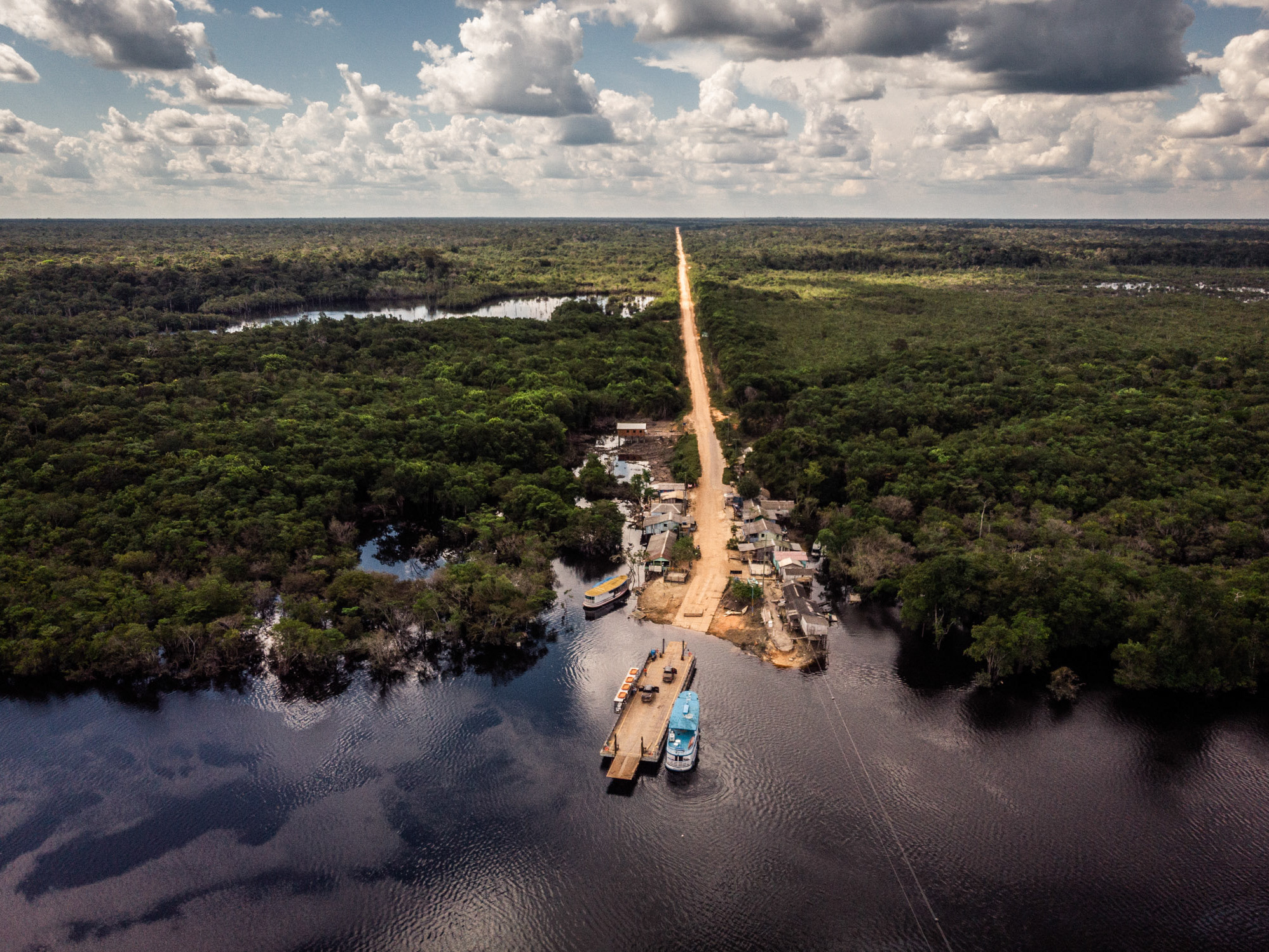Transporting fish around the world just to have them serve as aquarium ornaments in Europe, the USA and Japan? Animal protection organizations think this is madness. In the Brazilian Amazon basin things are seen differently. Ornamental fishing, local scientists say, saves the rainforest.
On the Rio Negro alone, 40.000 people live off of ornamental fish trade. Barcelos, the only city in the basin, has the reputation of being the ornamental fishing capital of the world. Today, you can see fish shops and billboards everywhere, displaying ornamental fish from the Rio Negro: Neontetras and angelfish with their large sail fins. The telephone booths are shaped like discus fish. Every February there is the Ornamental Fish Carnival, where the population splits up and goes at each other in fish costumes, neontetras against discus.
But the trade has collapsed over the last decade. Interest in Europe and North America is declining, and several countries have banned ornamental fish trade outright. In the Rio Negro basin, this has had catastrophic consequences: The inhabitants needed to find other ways to survive. Some began clearing forest for farmland, panning for gold using highly toxic mercury, or selling expensive rainforest timber. Many entered the lucrative drug trade; Barcelos is the main hub for cocaine in the Amazon basin.
The ornamental fish trade, despite its reputation, is sustainable. The National Institute of Amazon Research in Manaus has been studying ornamental fish populations for 30 years. And found that it hasn’t changed. A leading biologist at the University of Manaus, Ning-Labbish Chao founded an initiative to promote ornamental fishing, Projeto Piaba it is called, Project Ornamental Fish, and advertises with the slogan "Buy a Fish, Save a Tree." It is supported by several partners, the international nature and environmental protection organization WWF, the animal health association World Pet Association and the UN World Food Organization. All partners agree: In order to save the rainforest, the ornamental fish trade must be revived.
